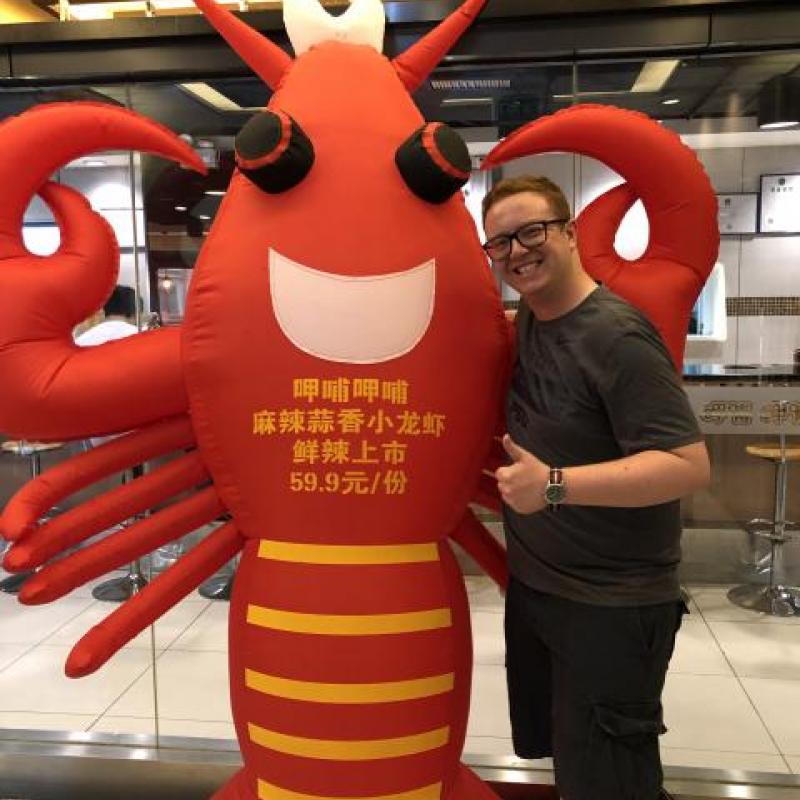Privilege Through Language
I often fail to realize how amazing it is that I can grab a phone, dial a number, and immediately be connected to people from around the globe who can translate dozens of different languages. It’s a simple experience that is made even more amazing by the fact that it would not have been possible only a few short decades ago. Using the translator phones at my host site, though, are not just a fascinating reminder of how far technology has advanced; using them is an absolute necessity to treat our patients.
I serve at the Lawrenceville Family Health Center, a family medicine practice that serves patients from all walks of life. Naturally, that includes a large population who has limited or no English-speaking abilities. These patients speak many languages ranging from Spanish and Mandarin to Somali and Arabic.
It truly is a blessing, for us and our patients, that we have translator phones to use. However, handy though they may be, they are not a perfect substitute for a doctor or nurse who speaks your native language.
The translator phones do not account for the fact that within one language exists many different dialects. Our Somali speaking patients, for example, often speak a dialect called May May, a variation that is very different from the more common dialects of Somali that a lot of interpreters speak. In these cases, the dialect difference creates yet another language barrier between the patient and the translator, and as a result, it becomes harder and harder to communicate with our patients.
There are still many barriers to health care that translator phones do not solve, however. In health providers offices across the city of Pittsburgh patient health forms are written in English and, if you’re lucky, Spanish. After that, however, there are almost no forms or pamphlets for patients that are written in their native languages.
As part of my duties as the Patient Navigator, I often schedule patients for important tests and screenings that they need to get completed at the hospital. If need be, I use the translator phone to talk with patients and explain the test or scan that the doctor wants them to get. I explain how to get to the hospital, and I provide directions to the best of my ability. However, I know that when a patient who does not speak English arrives at the hospital, they will be confronted with signs that are exclusively in English.
For all of those in the health care field, there is an obligation to provide health care that is in a patient’s native language. My time at my host site has shown be that the city of Pittsburgh is a long way from meeting that duty. Literature for patients needs to be in a wider variety of languages and signs need to be in multiple languages. Only then can we truly eliminate the language barrier in health care.
Host Site
3937 Butler St.
Pittsburgh, PA 15201
3937 Butler St.
Pittsburgh, PA 15201
